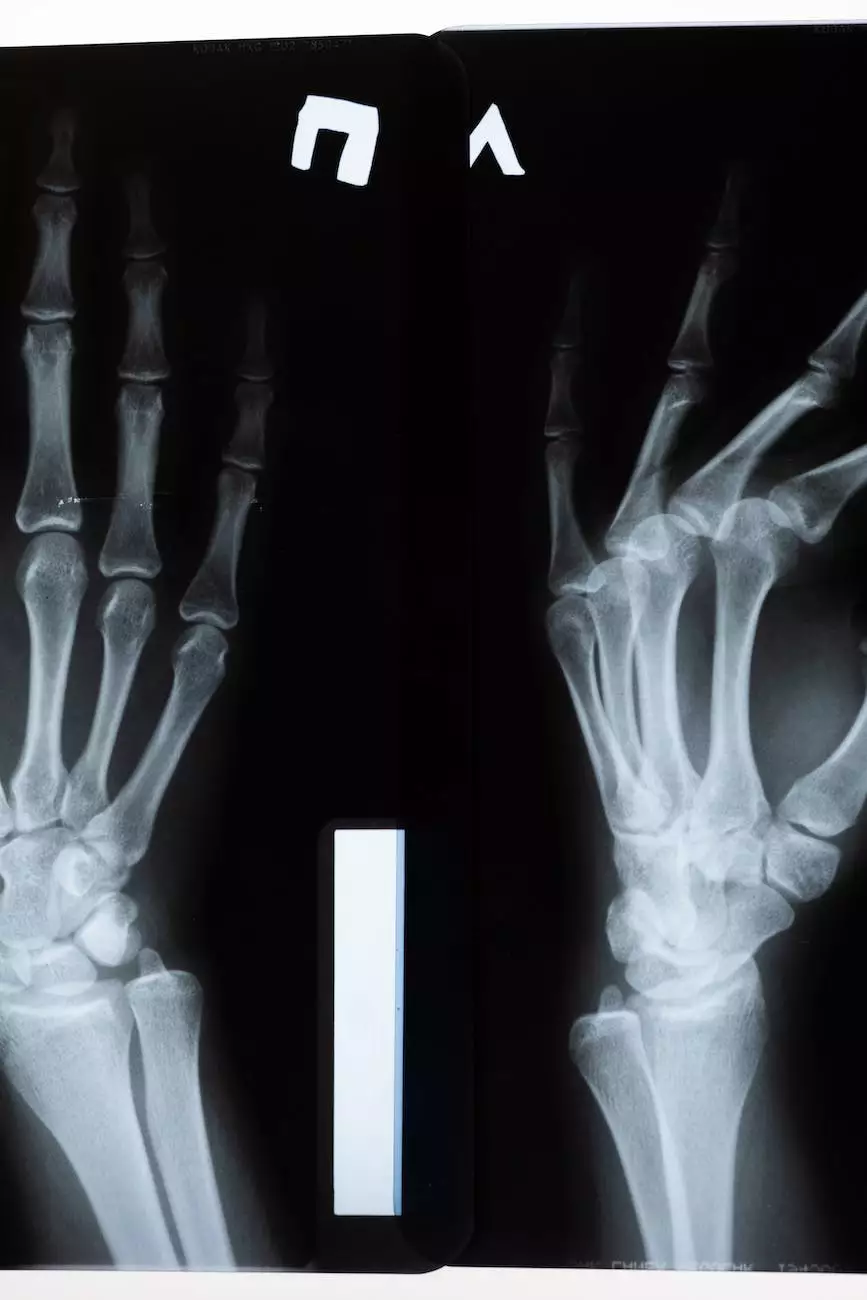Breach Of Contract Claims: The Foreseeability Standard

Introduction
Welcome to Baytowne Reporting's informative page on breach of contract claims and the legal concept of the foreseeability standard. In the dynamic world of business, contracts play a crucial role in defining the relationships and obligations between parties. However, disputes and breaches of contract can arise, leading to a need for legal remedies. Understanding the concept of foreseeability in breach of contract claims is essential for both businesses and individuals involved in legal proceedings.
What Are Breach Of Contract Claims?
In the realm of legal disputes, breach of contract claims occur when one party fails to fulfill their obligations as outlined in a legally binding agreement. This failure, or "breach," can manifest in various forms, including non-performance, partial performance, or defective performance. When a breach occurs, the injured party can seek legal remedies to enforce the contract, such as seeking monetary damages or specific performance.
The Foreseeability Standard
One important aspect in assessing breach of contract claims is the principle of foreseeability. The foreseeability standard considers whether the breaching party could have reasonably foreseen the potential damages resulting from their breach. It assesses the extent to which the damages were within the reasonable contemplation of both parties at the time of contract formation.
Types of Foreseeable Damages
In breach of contract cases, different types of damages can be claimed depending on their foreseeability. These include:
- General Damages: These are damages that naturally flow from the breach and are typically awarded to compensate the injured party for the direct losses incurred.
- Consequential Damages: Also referred to as special damages, these are damages that result from the breach but aren't directly caused by it. They are only recoverable if the breaching party had knowledge or was aware of specific circumstances that could lead to such damages.
- Incidental Damages: These are expenses directly incurred as a result of the breach, such as additional costs or loss of profits.
- Punitive Damages: Unlike the previous categories, punitive damages aim to punish the breaching party for their conduct, rather than compensating the injured party. However, punitive damages are less commonly awarded in breach of contract cases.
The Role of Mitigation
Within breach of contract claims, the concept of mitigation is also important. Mitigation refers to the injured party's duty to minimize their losses and take reasonable steps to mitigate or reduce the damages suffered. Failure to mitigate damages can impact the amount of compensation awarded.
Proving a Breach of Contract
In order to successfully demonstrate a breach of contract, certain elements must be proved:
- Existence of a Valid Contract: The party claiming breach must establish that a valid and enforceable contract exists between the parties involved.
- Performance Obligation: It must be shown that the breaching party had a performance obligation as outlined in the contract.
- Breach: Evidence of the breaching party's failure to fulfill their obligations must be presented.
- Resulting Damages: The injured party must demonstrate the specific damages suffered as a result of the breach.
- Foreseeability: It is crucial to establish that the damages were reasonably foreseeable at the time of contract formation, taking into account the foreseeability standard.
Legal Remedies for Breach of Contract
When a breach of contract is proven, the injured party may be entitled to various legal remedies:
- Compensatory Damages: These are monetary awards intended to compensate the injured party for losses suffered due to the breach.
- Specific Performance: In certain cases, a court may order the breaching party to fulfill their obligations as specified in the contract, rather than awarding monetary damages.
- Rescission and Restitution: This remedy cancels the contract, returning the parties to their pre-contractual positions.
- Reformation: If a contract is found to be ambiguous or unclear, a court may modify or rewrite its terms to reflect the true intent of the parties.
- Liquidated Damages: In cases where the parties anticipate potential damages in the event of a breach, a liquidated damages clause in the contract may specify the predetermined amount to be paid as compensation.
Contact Baytowne Reporting for Professional Legal Reporting Services
For comprehensive legal reporting services and assistance in breach of contract claims, rely on Baytowne Reporting. As leaders in the field of law and government - legal, our experienced team of court reporters ensures accurate and detailed transcripts for complex legal matters. Contact Baytowne Reporting today and benefit from our exceptional services.










